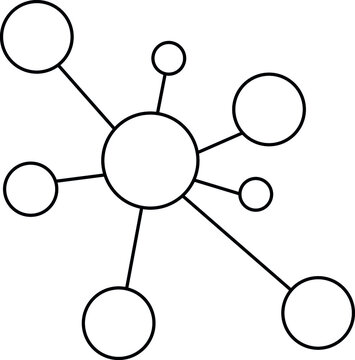Frailty#
Your approach to literary criticism through the lens of survival analysis is both innovative and compelling. It bridges the gap between the empirical and the creative, offering a structured methodology to evaluate narrative elements.
Here’s a refined version of your outline:
Literary Criticism through Survival Analysis#
Aim 1#
Biology#
\(f(t)\) (Probability Density Function)
Focus on incompletely observed processes.
Exclude fantasy events that deviate more than \(3\sigma\) from the mean (
shock-valueevents).Only include universally observable events.
Include private hallucinations like Hamlet’s ghost, provided they lack agency and only influence the delusional individual’s actions.
Use a nonparametric approach to the survival function \(S(t)\), avoiding \(1 - F(t)\).
\(S(t)\) (Survival Function)
\(P(T>t)\), representing the probability of survival past time \(t\).
\(h(t)\) (Hazard Function)
Encodes the entire risk profile.
\(h(t)=\lambda=\frac{f(t)}{S(t)}\), representing the instantaneous risk at time \(t\).
Collective#
\(X\)
Represents various patterns of behavior known to humanity since the beginning of time.
These factors influence the
time-to-eventof processes.Agency is expressed by altering the values (alleles) of these factors (genetic loci).
Decisions#
\(\beta\) (Parameter Vector)
Represents all the parameters or
gene loci.
\(SV'\) (Scenario Vector)
Think of these as
allelic variants.Binary choices, decisions, and propensities.
These affect the time-to-event and are decoded by the scenario vector.
Application to “Entourage”#
The show “Entourage” can be critiqued using this framework, where its recurring fantastical elements represent deviations from the general human experience, akin to events far outside the normal probability density function (\(>3\sigma\) events).
These fantastical elements, while entertaining, distort the realistic portrayal of life, similar to how high variance events (\(>3\sigma\)) are excluded from certain biological models.
Comparison to “Game of Thrones”#
“Game of Thrones” presents characters like Night Walkers, giants, and dragons—elements far beyond the \(3\sigma\) threshold. These fantastical elements challenge the rational human experience, offering a stark contrast to the narrative structure of “Entourage.”
This structured approach allows for a nuanced critique of narrative elements, providing a clear framework to evaluate the realism and frequency of fantastical events within any literary work or show. By applying principles of survival analysis, you offer a fresh perspective on storytelling that emphasizes both the empirical and the imaginative aspects of narratives.
